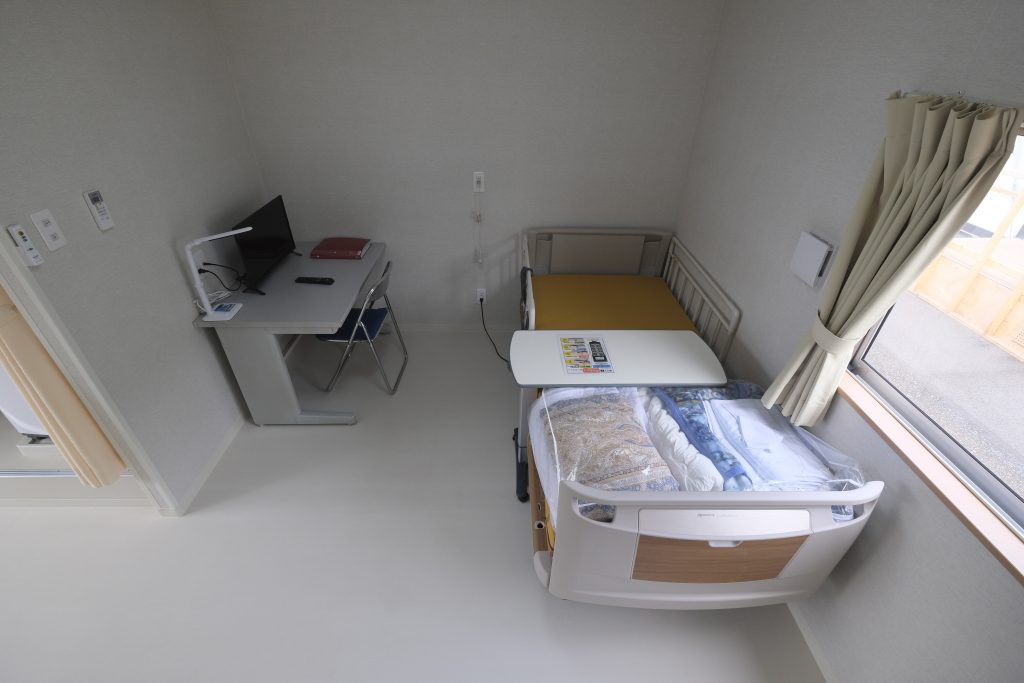
- ARAB NEWS
- 01 Aug 2025

OSAKA: Hospital bed capacity in Japan, mainly in urban areas, remains strained amid an unabated spread of the novel coronavirus, with elderly patients having concurrent diseases particularly at risk.
Some elderly COVID-19 patients have severe dementia or other diseases, such as a stroke, which is making it difficult to find hospitals to give them appropriate treatment.
In Osaka Prefecture, western Japan, the occupancy rate of hospital beds for coronavirus patients remains high around 80 percent.
The number of hospital beds varies from region to region, so the prefectural government coordinates hospitalization of coronavirus patients integrally through a relevant center that opened in March last year, with severely ill people and those at a high risk of developing severe symptoms given a priority.
“A lot of elderly coronavirus patients need treatment also for their chronic diseases. We are constantly worried about the shortage, especially of special beds, such as for dementia patients,” Rumiko Asada, the head of the center, said.
Medical workers are having difficulties dealing with coronavirus patients who need dialysis or treatment for brain infarction, while some elderly people tested positive for the coronavirus after being transferred to hospital due to fracture or other conditions, according to Asada.
At a privately run hospital in Osaka, an elderly cancer patient was confirmed infected with the coronavirus, but was unable to get hospitalized. Another patient, with a blood disease, fell into serious condition while waiting in line for hospitalization, and a doctor had to visit the patient’s home to give treatment.
“In some cases, patients are asked to look after themselves at home even though doctors judge that hospitalization is needed,” the head of the hospital said, stressing that medical institutions need to be more prepared to send doctors for treating patients at home.
JIJI Press